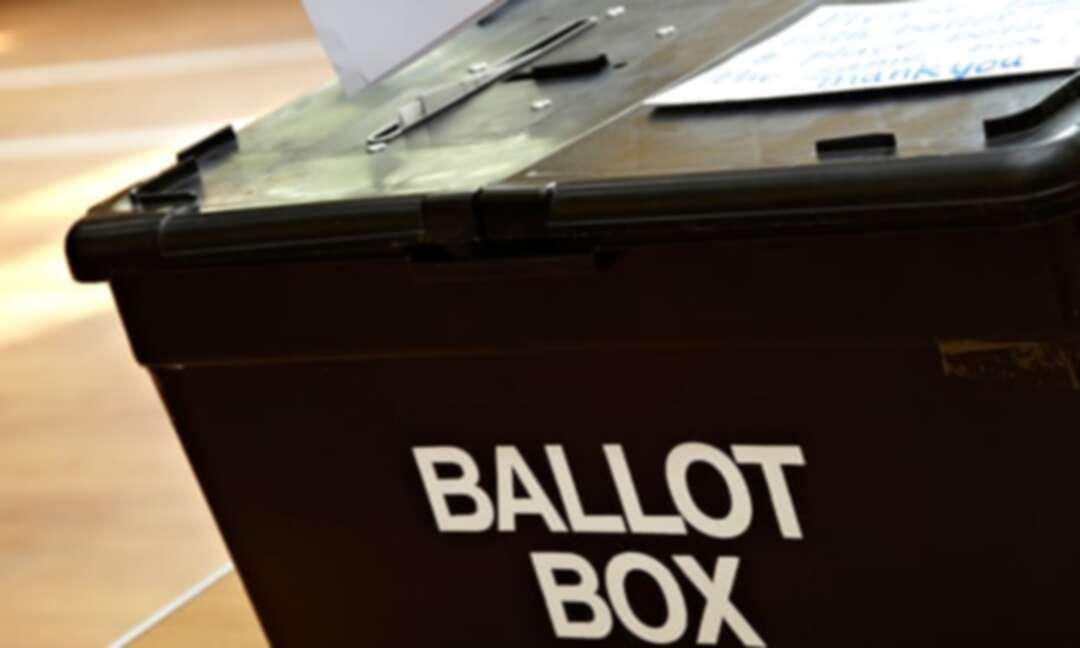-
Supreme court to hear challenge to UK's voter ID trial in 2019 election

Exclusive: Case could affect expected rollout of scheme seen as disfranchising marginalised people
The supreme court is to hear a challenge to the government’s decision to hold voter ID trials in 2019 in a case that could have implications for the wider rollout of the scheme.
The government is expected to introduce a bill in the spring to make photo ID mandatory from 2023 for all UK-wide and English elections despite warnings it will disfranchise working class and minority ethnic communities.
Neil Coughlan was unsuccessful in a legal challenge to prevent pilots at 10 local authorities at the May 2019 elections but has now been granted permission to take his claim to the UK’s highest court.
The LGBT Foundation and Stonewall, representing the interests of individuals who identify as lesbian, gay, bisexual and/or trans, and Runnymede Trust, Operation Black Vote and Voice4Change, representing the interests of black, Asian and minority ethnic voters, have also been allowed to take part in the supreme court case.
Coughlan, 68, a retired voluntary worker who lives in Witham, Essex, one of the areas where the 2019 pilots took place, said: “I am hopeful that the supreme court judges will agree that when hundreds of individuals were denied their vote in the 2019 local elections because of voter ID pilots, that should have been only as a result of an act of parliament following proper scrutiny.
“Requiring individuals to produce identity documents is going to deprive legitimate members of the electorate of the vote and I believe it will disproportionately affect the poor and marginalised members of our society.”
Coughlan, who is raising his legal fees through CrowdJustice, lost his case at the court of appeal last year, although one judge said the arguments were “finely balanced”.
Among the arguments Coughlan’s lawyers, from Leigh Day, will make, is that the court was wrong to say measures to combat electoral fraud were consistent with what parliament intended because they would encourage and facilitate voting in the longer term. He says a demand for ID such as a passport, driving licence or utility bill at the polling station “frustrates the facilitation and encouragement to vote”.
Cat Smith, Labour’s shadow minister for democracy, said: “Voting is a fundamental democratic right, not a privilege for those with the right form of photo ID.“The range of different civil rights and charity groups supporting this case is testament to the widespread impact this policy will have of suppressing voters across all sections of society.”
The trials at English council elections in 2018 and 2019 permitted voters in different areas to show a variety of documents but the proposed law is expected to mandate photo ID such as a passport or driving licence. Approximately 11 million electors (24% of the electorate) hold neither of these items.
Tessa Gregory, a solicitor with Leigh Day, said Coughlan hopes that the appeal will show how mandating voter ID “will exclude those at the margins of society whom our democratic institutions need to work the hardest to engage”.
A date has yet to be fixed for the supreme court hearing. The Cabinet Office was approached for comment.
source: Haroon Siddique
Levant
You May Also Like
Popular Posts
Caricature
BENEFIT Sponsors BuildHer...
- April 23, 2025
BENEFIT, the Kingdom’s innovator and leading company in Fintech and electronic financial transactions service, has sponsored the BuildHer CityHack 2025 Hackathon, a two-day event spearheaded by the College of Engineering and Technology at the Royal University for Women (RUW).
Aimed at secondary school students, the event brought together a distinguished group of academic professionals and technology experts to mentor and inspire young participants.
More than 100 high school students from across the Kingdom of Bahrain took part in the hackathon, which featured an intensive programme of training workshops and hands-on sessions. These activities were tailored to enhance participants’ critical thinking, collaborative problem-solving, and team-building capabilities, while also encouraging the development of practical and sustainable solutions to contemporary challenges using modern technological tools.
BENEFIT’s Chief Executive Mr. Abdulwahed AlJanahi, commented: “Our support for this educational hackathon reflects our long-term strategic vision to nurture the talents of emerging national youth and empower the next generation of accomplished female leaders in technology. By fostering creativity and innovation, we aim to contribute meaningfully to Bahrain’s comprehensive development goals and align with the aspirations outlined in the Kingdom’s Vision 2030—an ambition in which BENEFIT plays a central role.”
Professor Riyadh Yousif Hamzah, President of the Royal University for Women, commented: “This initiative reflects our commitment to advancing women in STEM fields. We're cultivating a generation of creative, solution-driven female leaders who will drive national development. Our partnership with BENEFIT exemplifies the powerful synergy between academia and private sector in supporting educational innovation.”
Hanan Abdulla Hasan, Senior Manager, PR & Communication at BENEFIT, said: “We are honoured to collaborate with RUW in supporting this remarkable technology-focused event. It highlights our commitment to social responsibility, and our ongoing efforts to enhance the digital and innovation capabilities of young Bahraini women and foster their ability to harness technological tools in the service of a smarter, more sustainable future.”
For his part, Dr. Humam ElAgha, Acting Dean of the College of Engineering and Technology at the University, said: “BuildHer CityHack 2025 embodies our hands-on approach to education. By tackling real-world problems through creative thinking and sustainable solutions, we're preparing women to thrive in the knowledge economy – a cornerstone of the University's vision.”
opinion
Report
ads
Newsletter
Subscribe to our mailing list to get the new updates!






















